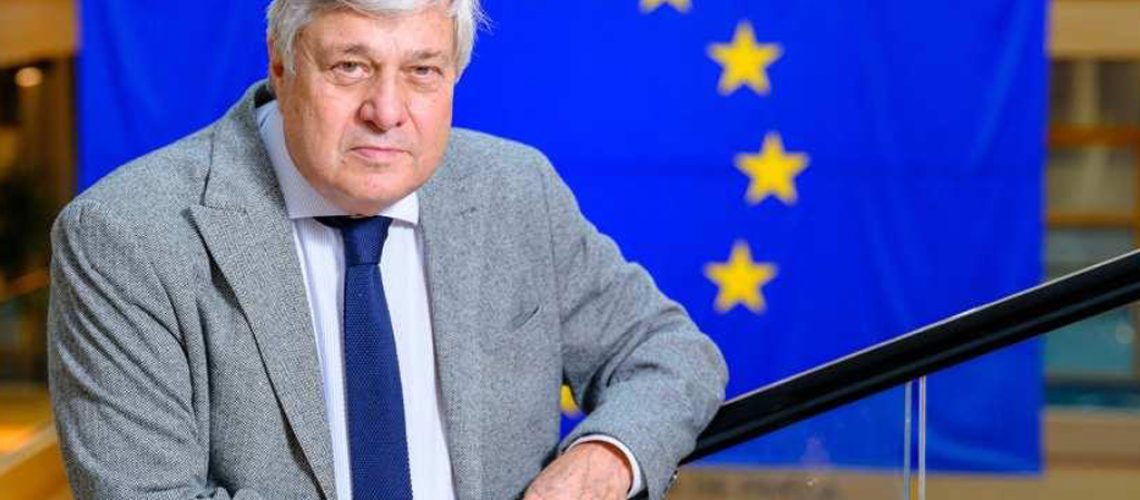An explosion of vulnerabilities
“Central American nations, among them Costa Rica, Guatemala and the Dominican Republic have voiced a lot of concern about the interplay between drug trafficking and irregular migration, which is the main driver of the explosion in violence,” explains Leopoldo López Gil. These migrants are exploited as a workforce for the underground economy, operating as mules or in prostitution networks in order to survive. “More than 200,000 Haitian migrants are currently in the Dominican Republic, having left their country without official documents. 7.2 million Venezuelans have also fled poverty, spreading out across the whole of South America. Some have headed for the United States via Central America, while around a million have tried to migrate to Europe. [Porous borders and] a lack of documentation represent major threats to the security of the countries crossed by the migratory corridors”, continues the MEP.
Migration in Central America has grown by 40% over the past decade, increasing from 2.8 to 3.9 million in the heart of the Northern Triangle comprising Honduras, El Salvador and Guatemala. Since 2014, the El Niño weather phenomenon has undermined both food security and household incomes, causing the departure of at least one member from 96% of households. And the countries in the region are among the most sensitive to global warming. “Unfortunately, there are few concrete measures in terms of regional security [while] transnational crime continues to run to the heart of the continent’s political, financial and judicial systems,” laments the Spanish representative. Corruption scandals and the lack of coordinated responses have led to a tightening of migration policies and the militarisation of public security in response to insecurity.
Jus ad bellum
Institutionalising dialogue with Europe
Comments collected by S&D MAGAZINE


